The software world is constantly evolving
As we enter a new year in an era of continuous technological disruption, the question we ask ourselves is whether the Agile framework is still a useful software development methodology.
But let’s take a step back: what is Agile?
The Agile Manifesto, published in 2001, revolutionized software development, introducing new principles and practices that have led to greater collaboration, flexibility, and adaptability of development teams.
Customers are becoming more demanding
More than twenty years after its creation, is Agile still useful for developers?
The most likely answer is yes!
- First, the software world is constantly evolving, with new technologies and requirements emerging on the market with increasing frequency. The Agile approach, which focuses on flexibility and adaptability, perfectly aligns with this reality.
- Second, customers are becoming more demanding and want to play an active role in software development. The Agile approach, which involves close collaboration between developers and customers, is a great help in achieving shared goals.
The Agile approach has proven to be effective
Finally, the Agile approach has proven to be effective in terms of quality, cost, and development time. Agile teams can deliver high-quality products in shorter timeframes and at lower costs than traditional teams.
Of course, there is no rose without thorns: there are also some challenges to the Agile approach.
For example, it can be difficult to implement in large companies or with rigid processes, requiring an extremely motivated team to adopt it.
Despite all this, the Agile approach is a valid choice for any company that wants to develop high-quality software in a short timeframe and at a lower cost.

The Agile principles that are still relevant
What are the Agile principles that are still relevant?
Let’s look at some of these principles:
- People over processes and tools: people are the most important resource in a development team. It is important to value their skills and motivations.
- Start with a well-defined work: it is important to have a clear idea of the product to be developed before starting work.
- Build and release iteratively and incrementally: it is important to release the product gradually, so that you can collect feedback from customers and make changes based on their needs.
- Collaborate with customers: it is important to involve customers in product development, so that you can meet their needs.
- Respond to change: it is important to be flexible and adaptable to change, which is inevitable in the software world.
In conclusion, the Agile approach is a valid choice for any company that wants to develop high-quality software in a short timeframe and at a lower cost. It is likely to remain relevant in the coming years, and it will continue to evolve to adapt to new challenges and opportunities.
Author: Claudia Paniconi | Marketing Manager at DMBI
Photo by Daria Nepriakhina su Unsplash





